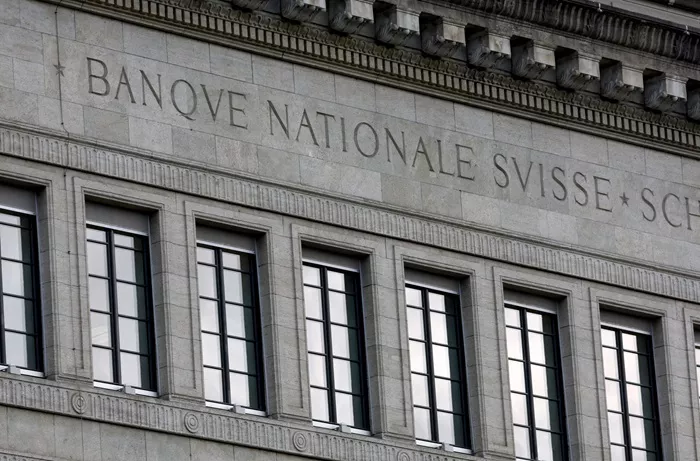Switzerland’s inflation rate moderated more than anticipated in August, bolstering the argument for an additional interest rate cut. The Federal Statistics Office reported on Tuesday that consumer prices increased by 1.1% compared to the same month last year. This figure falls short of the 1.2% median forecast from a Bloomberg survey and is lower than the 1.3% increase recorded in July.
Decline in Costs
The decline in transport costs, heating oil, and international package holidays counterbalanced the rise in rents and prices for clothing and footwear. The core inflation rate, which excludes fresh and seasonal products as well as energy, remained steady at 1.1%.
Anticipated Rate Cuts
The Swiss National Bank (SNB) began its monetary easing cycle ahead of other major central banks and has already implemented rate cuts in both of its meetings this year. A further reduction is anticipated at the upcoming meeting later this month. This expectation is reinforced by the current slow inflation rate and the robust performance of the Swiss franc. Analysts are particularly concerned about the potential impact on the franc if the European Central Bank, which meets more frequently than the SNB, aligns its rate adjustments with those of the Swiss central bank.
Future Inflation Projections
SNB officials forecast that consumer price growth will average 1.5% in the third quarter, primarily driven by domestic services. However, inflation is expected to decelerate, reaching 1% by 2026.
Comparison with Euro Area
Switzerland continues to experience one of the lowest inflation rates in Europe. In contrast, inflation in the euro area slowed to a three-year low of 2.2% in August. According to the European Union’s harmonized measure, Swiss inflation advanced by 1% during the same period.
Economic Growth Update
Additionally, a government report revealed that Switzerland’s gross domestic product (GDP), adjusted for major sports events, increased by 0.5% in the second quarter, confirming last month’s preliminary estimate. The State Secretariat for Economic Affairs noted, “This result slightly exceeded average expectations, driven by robust growth in the chemical and pharmaceutical sectors.” However, growth across other sectors was uneven, reflecting weak domestic demand.
Conclusion
Overall, the slowdown in inflation provides a solid foundation for further monetary policy adjustments by the Swiss National Bank. As the central bank prepares for its next decision, the current economic indicators and inflation trends suggest a cautious yet optimistic outlook for Switzerland’s financial stability.
Related Topics:

